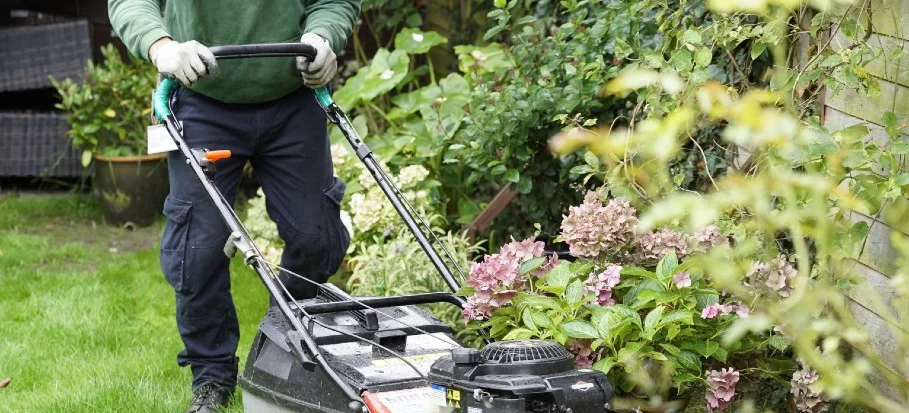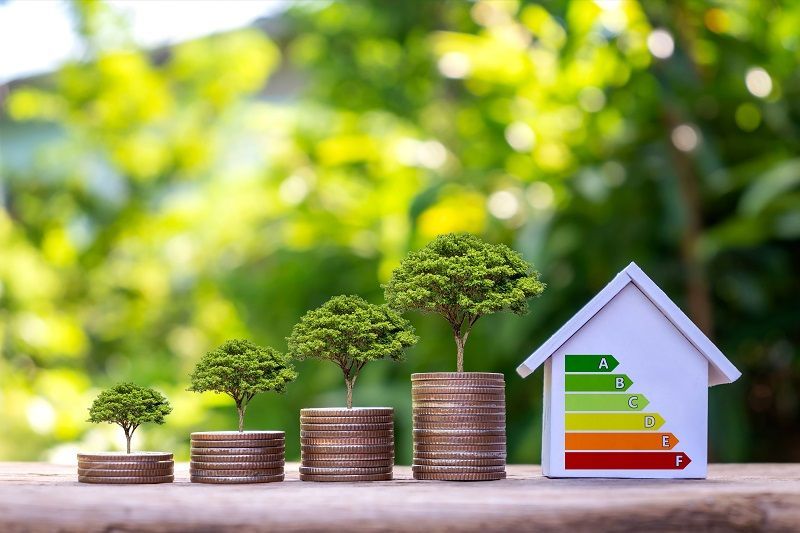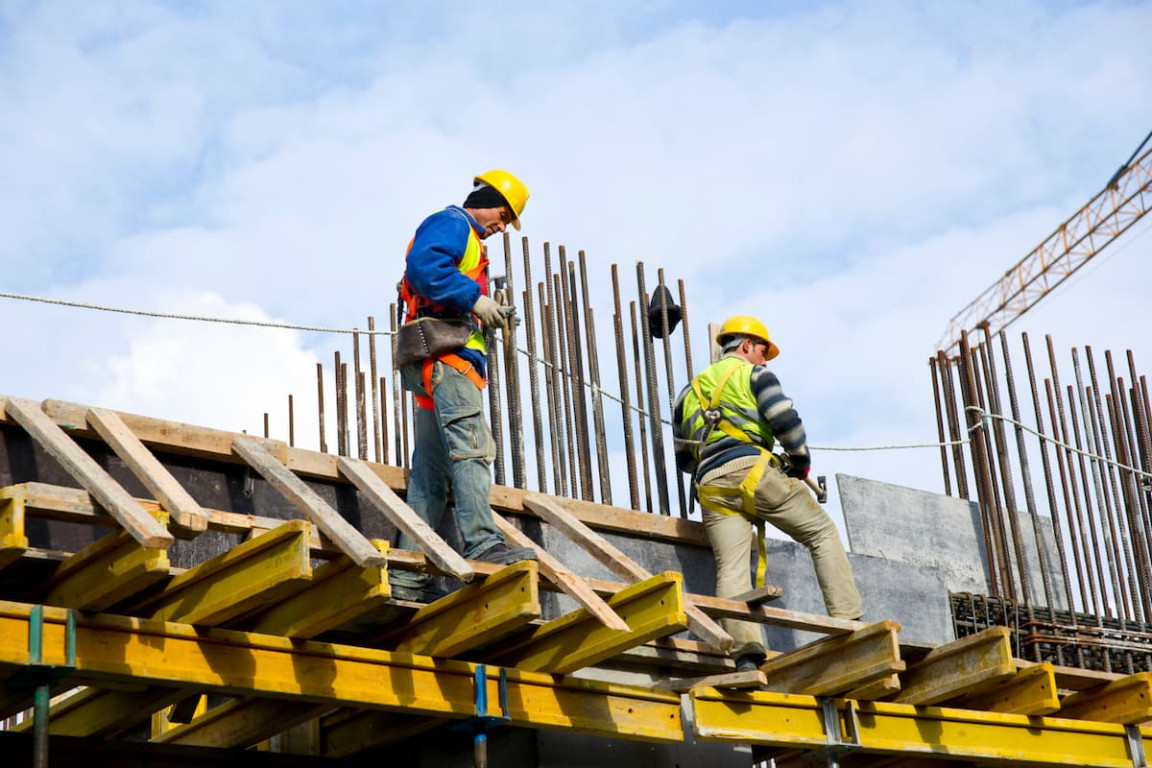Gardens can be beautiful, even during fall. However, their maintenance is a common reason for disputes between landlords and tenants.
The reason is that the duties related to the exterior supply and care are usually not determined or discussed in advance. As a result of these, except for often arguments between the two sides, many other risks appear.
The tenants can be deprived of their tenancy deposit during the end of tenancy cleaning inventory check. On the other side, the landlords might find their property gardens in horrible condition, preventing them from providing the property for newcomers.
Understanding the line between the landlord’s and the tenant’s garden responsibilities is necessary for everyone’s safety and wellness.
What are the landlord’s responsibilities towards the garden?
The easiest way to determine who’s responsible for the garden maintenance – you or your landlord – is to find your lease contract. In the fine print, you can read who’s supposed to take care of the property exterior support.
What’s more important is where you’ll find the valid details such as who should clean and provide the necessary gardening equipment. Although the lease contract is a matter of a two-side agreement, in most cases, the landlord’s exterior responsibilities are:
- Providing safe conditions for the entire exterior area;
- When needed, paying for repairs of the fence and damages caused by incidents or bad weather conditions;
- Taking care of the trees;
- Trimming and maintaining hedges and shrubs.
What are the tenant’s responsibilities towards the garden?
The best scenario for a lease agreement is to preliminarily determine what the tenant should do in the property’s exterior area.
While it’s evident that the tenant is supposed to clean the house from the inside, it’s not always clear who must take care of the inside neatness. The duration of the lease contract, by the way, is another factor that validly determines the tenant’s garden maintenance duties.
When it’s short, the tenant usually has no responsibilities. In the long term, he’s supposed to:
- Perform proper garden maintenance regularly to return it to its primary condition;
- Make changes in the garden only with the landlord’s agreement;
- Clean after a garden party;
- Collect any wastes, wigs, sprigs, etc.
Who is responsible for lawn maintenance?
Did you know that more and more people are choosing decking for their garden instead of the traditional lawn? However, in 90% of the cases, the tenant is responsible for maintaining both.
There are several exceptions to this rule – like explicitly mentioned landlord’s responsibility for the garden maintenance in the lease contract or a short-term lease. What defines this responsibility most straightforwardly is the answer to the question, “Who’s the sole user of the lawn?”. Usually, this is the tenant, which is why he’s supposed to maintain the yards outdoors.
Who is responsible for trees in a rented property?
We’ve already mentioned it, but it’s important to say it again: Commonly, the landlord is responsible for the trees. However, the opposite clause can be signed in the lease contract in rare cases.
Who has to provide gardening tools?
Even if the tenant decides to take care of the tree trimming chore in the garden maintenance routine, the landlord is supposed to provide the necessary equipment.
In all cases, the real homeowner is the one who should buy any special machinery for lawn care.
Sometimes, tenants are gardening lovers who can take the gardening initiative. It would be fair, though, for the landlord to compensate the tenant for his expenses regarding any gardening tools.
This agreement is supposed to be made as a new lease contract clause rather than orally to avoid disputes in future.
How does the garden condition affect the end of the tenancy process?
In real life, there are a lot of cases when a tenant returns the property in presentable condition but remains without his tenancy deposit because of the final garden condition. It happens when the tenant misses reading the lease contract.
It’s where usually there’s a clause according to which the inventory check after the end of tenancy cleaning includes the exterior areas, too.
The good news is that the tenant doesn’t have a lot of work in the garden before moving out. As long as the exterior zone is kindly returned in its primary condition, clean and neat, there would be no risks of disputes.
How can a landlord protect themselves from garden disputes?
Conversely, the tenant and the landlord are also at risk of being involved in a dispute. And here comes the garden maintenance again.
In the British live-on-rent practice, there are many arguments between tenants and landlords regarding exterior care.
The reason for these arguments is the lack of clarity on the tenant’s responsibilities. This is why rule number one for the landlord to protect himself from a risk of a garden dispute is to discuss the topic with the tenant preliminarily.
In addition to this, the landlord can also take the following security measures:
- Providing the property to the tenant with perfect exterior conditions;
- Allowing the tenant to make changes only after discussions;
- Making inspections regular to discuss and repair the eventual damages that might be due to unforeseen conditions, accidents and incidents;
- Equipping the tenant with the necessary machinery and tools for gardening care that are listed as the tenant’s responsibility;
- Getting special building insurance that includes exterior areas and possible damages within.
It’s essential for the tenant and the landlord to have a solid dialogue about garden maintenance. The clearer the rules, the less likely a dispute will spoil their relationship.
Conclusion
Unfortunately, most of these conversations begin too late – during the end of the tenancy cleaning check or when there’s enormous damage made in the outer zone.
We strongly recommend that tenants and landlords be more flexible and understanding when sorting their gardening and lawn maintenance. If you haven’t had this chat, call your landlord or tenant immediately and request a meeting to set the lines.


:max_bytes(150000):strip_icc()/__opt__aboutcom__coeus__resources__content_migration__mnn__images__2018__03__shutterstock_1051823762-0b00dcf9cd99473cabaff5546d745b0a.jpg)


